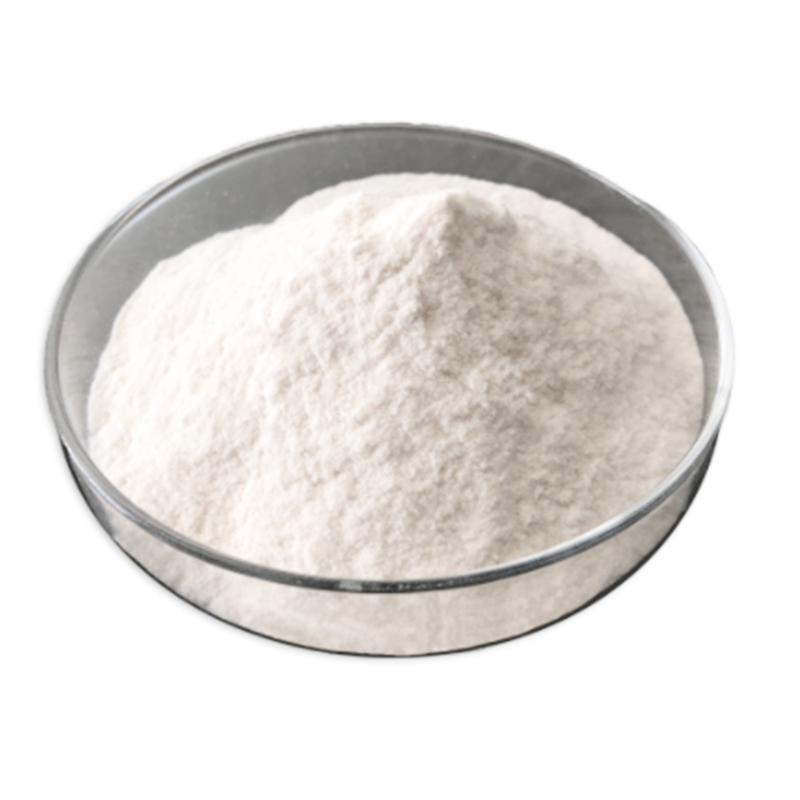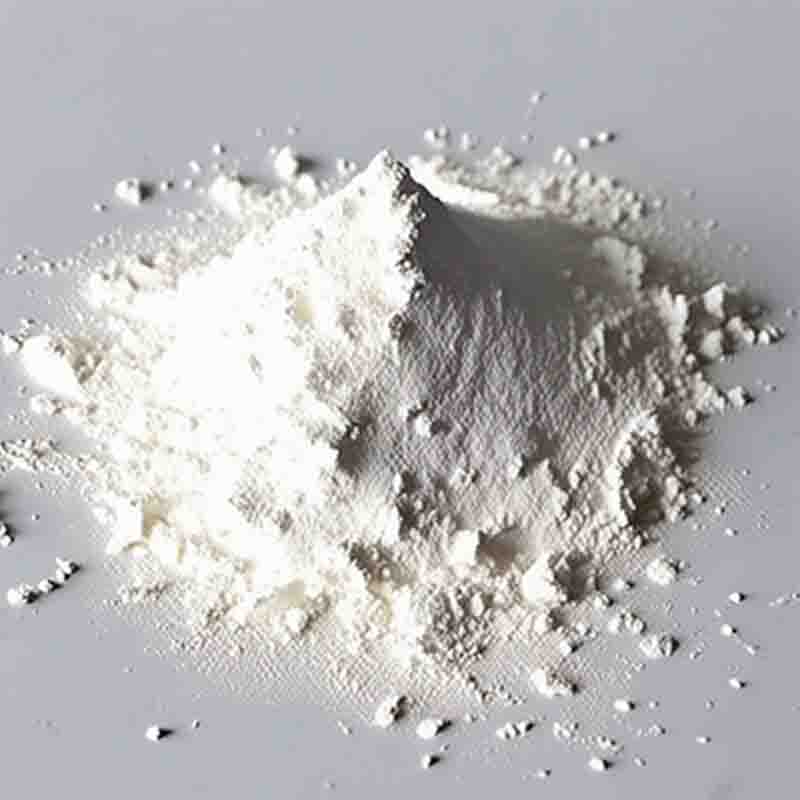Tert-Butyldimethylsilyl chloride; TBSCl CAS: 18162-48-6
| Catalog Number | XD94328 |
| Product Name | Tert-Butyldimethylsilyl chloride; TBSCl |
| CAS | 18162-48-6 |
| Molecular Formula | C6H15ClSi |
| Molecular Weight | 150.72 |
| Storage Details | Ambient |
Product Specification
| Appearance | White powder |
| Assay | 99% min |
Tert-Butyldimethylsilyl chloride, commonly known as TBSCl, is a reagent commonly used in organic synthesis. It is a colorless liquid with a strong odor and is highly reactive. TBSCl is primarily used as a protecting group in organic chemistry to selectively protect hydroxyl (-OH) functional groups.One of the main applications of TBSCl is in the protection of hydroxyl groups in carbohydrates and other organic compounds. By reacting TBSCl with the hydroxyl group, a silyl ether is formed, which acts as a protecting group. This reaction is typically carried out in the presence of a base such as pyridine or triethylamine. The resulting silyl ether is more stable than the original hydroxyl group and can withstand various reactions or harsh conditions without being affected. Once the desired reactions are completed, the silyl ether can be easily removed, thus revealing the original hydroxyl group.TBSCl is also used in the protection of amines, carboxylic acids, and other functional groups. By reacting TBSCl with these groups, silyl derivatives are formed, providing protection against unwanted reactions while allowing desired reactions to take place. This is particularly useful in multi-step synthesis, where different functional groups need to be protected and manipulated selectively.In addition to its use as a protecting group, TBSCl is also employed as a reagent for the introduction of the tert-butyldimethylsilyl (TBS) group. The TBS group can serve as a synthetic handle for further functionalization or as a directing group in selective transformations. TBSCl is often used in combination with other reagents or catalysts to achieve specific synthetic goals.It is important to note that TBSCl is highly moisture-sensitive and should be handled under anhydrous conditions. It is typically stored and manipulated in an inert atmosphere, such as under a nitrogen or argon atmosphere. Additionally, appropriate safety measures should be taken, including the use of gloves, goggles, and a well-ventilated fume hood, as TBSCl can be corrosive and harmful if inhaled or in contact with the skin.In summary, TBSCl is a versatile reagent used in organic synthesis for the protection of hydroxyl groups and other functional groups. It allows for selective manipulation of specific functional groups while keeping others unreactive. This reagent has broad applications in the synthesis of natural products, pharmaceuticals, and other complex organic molecules. However, caution should be exercised when handling TBSCl to ensure safety and accurate results.


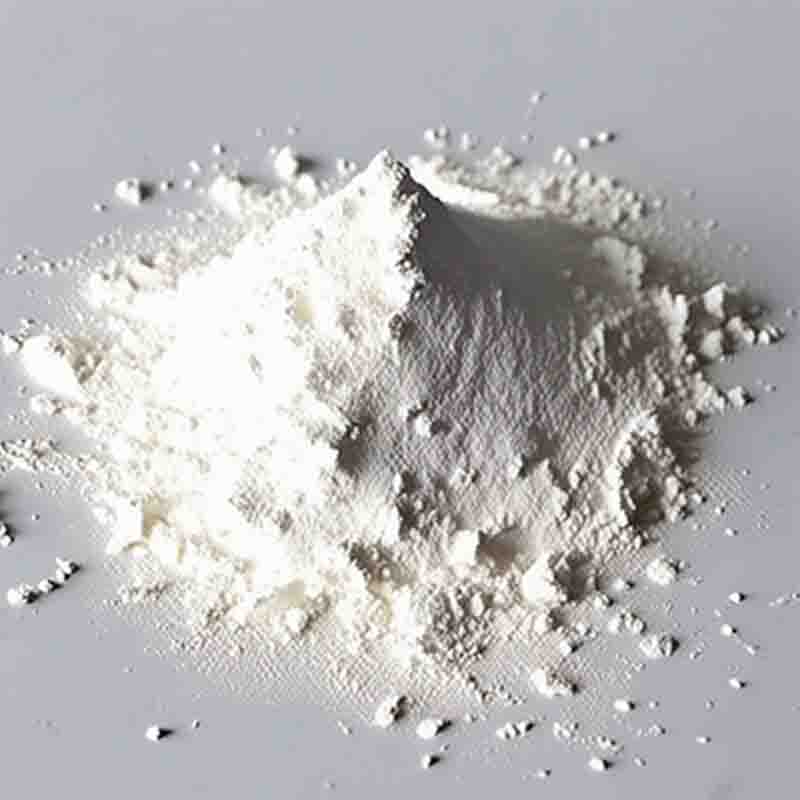

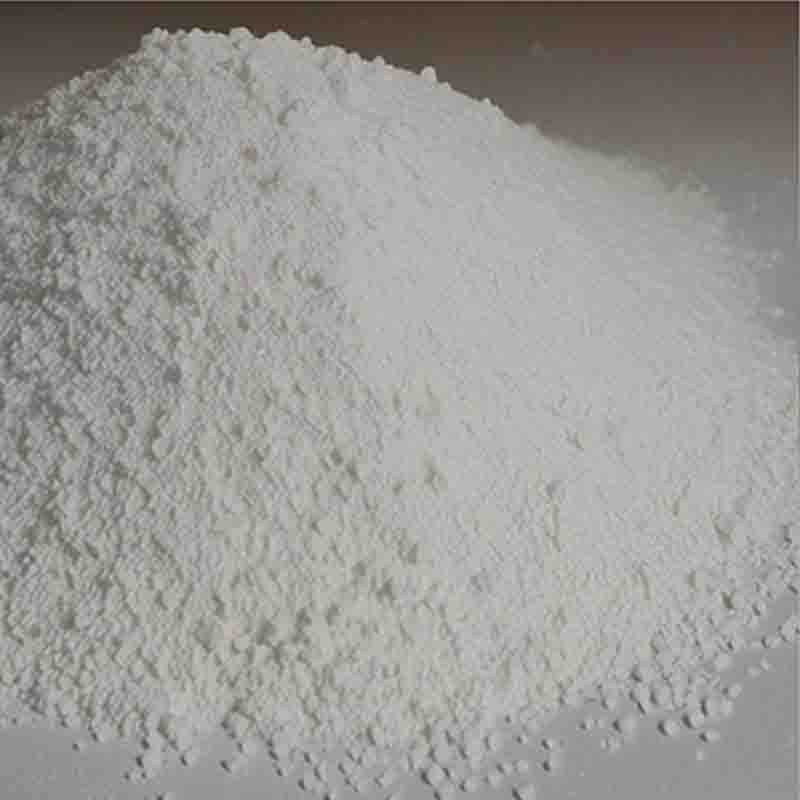
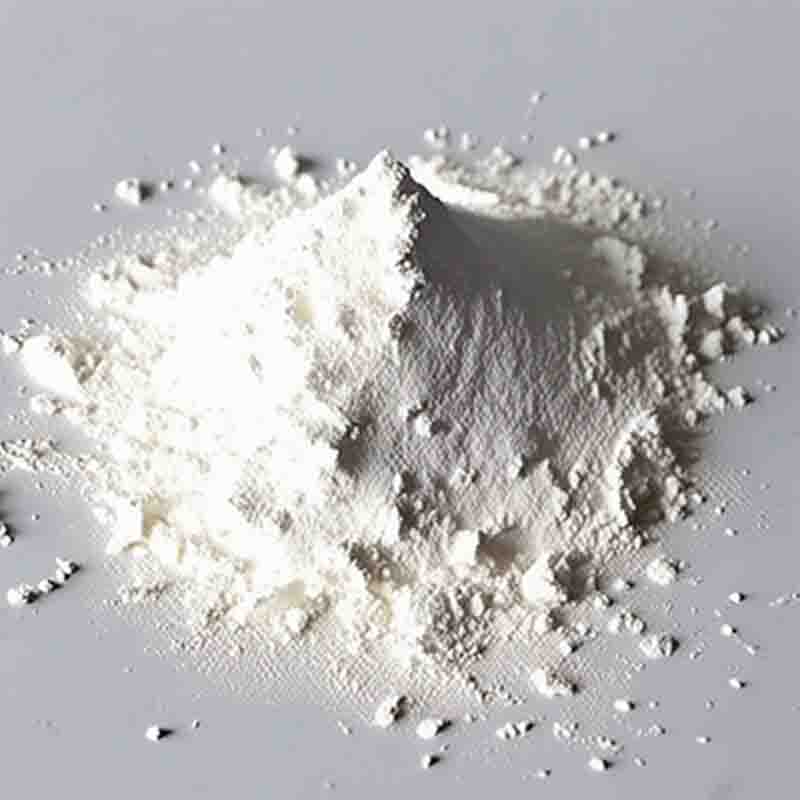
![2-Chloro-8-cyclopentyl-5-methyl-8H-pyrido[2,3-d]pyrimidin-7-one CAS: 1013916-37-4](https://cdn.globalso.com/xdbiochems/白色粉末2285.jpg)
